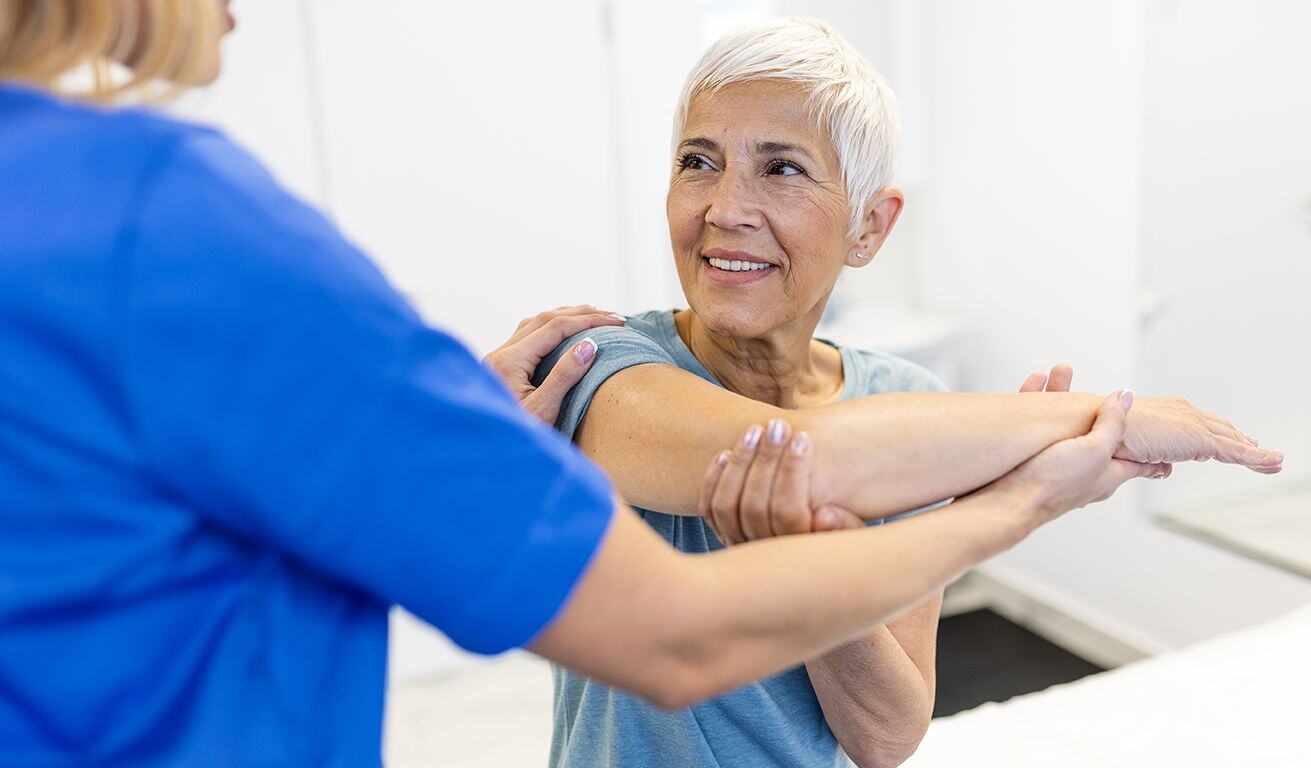
Struggling with fatigue?

We've had a number of clients reach out to us in the last few weeks expressing that it's more difficult at the moment to get a good handle on their fatigue. So as an Exercise Physiologist, I thought I'd share some of the discussion I might have with my clients in the past if they shared similar frustrations.
I appreciate that fatigue can be incredibly debilitating and very frustrating. And even as a health care provider, it has been difficult in the past to always give meaningful and appropriate solutions for those that are experiencing it. So I appreciate that it's a complex phenomenon, and today's post will really just scratch the surface on how as EP's we might start to address this with out clients.
So when it comes to fatigue, it makes sense that if you're feeling tired or worn out, to look for ways to do less. We're all conditioned to do that from a young age and it is a logical thing to do in an effort to save energy and protect your body from more discomfort. For example, if you're feeling really tired and sore, you might choose to leave cleaning the house until the next day, or you might choose not to participate in an exercise session that you were planning to do. In addition to this, you might look for ways to increase your time resting or sleeping.
There are many different ways that you might choose to try and save your body from extra work as a way to conserve your energy. And although that makes total sense and can be a good strategy to do for short periods of time, if that becomes more and more of your default way of managing things, then those in your health care team might start to become concerned.
And the reason for that is, if in order to stay well, you continue to look for ways to do less
over time, what will likely happen is that your whole musculoskeletal system has less stuff to respond and adapt to. And so unfortunately, what occurs is that your muscles, your tendons, your ligaments might in fact get weaker because of the weeks and months where you might be choosing and looking for ways to do less physical activity.
I often draw a version of this spiral below which can help represent this process.

So although being aware of how your body feels and being mindful about the choices that you're making in terms of activity are good self management strategies, we don't typically advise complete rest because of the secondary deconditioning or weakening of your tissues that can occur.
So even though we're all spending more time at home these days, looking for small ways to move your body that feel good is a nice place to start. Even if it's in very, very small bite sized chunks.
As an EP, I'm confident that gently starting some movement is just one way we can start to turn that spiral in the other direction. Yes, starting to move more again can be uncomfortable, and it is normal to feel apprehensive about starting to do more. Feeling supported is an essential part of this process. And this support can come from family, friends, as well as anyone in your heal care team. If you are able to work with an exercise professional such as an EP, then they would also be able to guide you through this process gradually and at a pace that is suitable for you. Its important we help you remain able to do the things that you need to do on a day to day level, but then gradually load and movement to your muscles, your tendons, your ligaments will get stronger and help you can stay as healthy as you possibly can.
So I hope that was helpful? I plan on fleshing out some more detailed strategies in my next blog. If you're after any more assistance, I recommend reaching out to your normal health care provider, or get in contact with someone who might be able to help you gradually increase your activity levels to help you manage.



